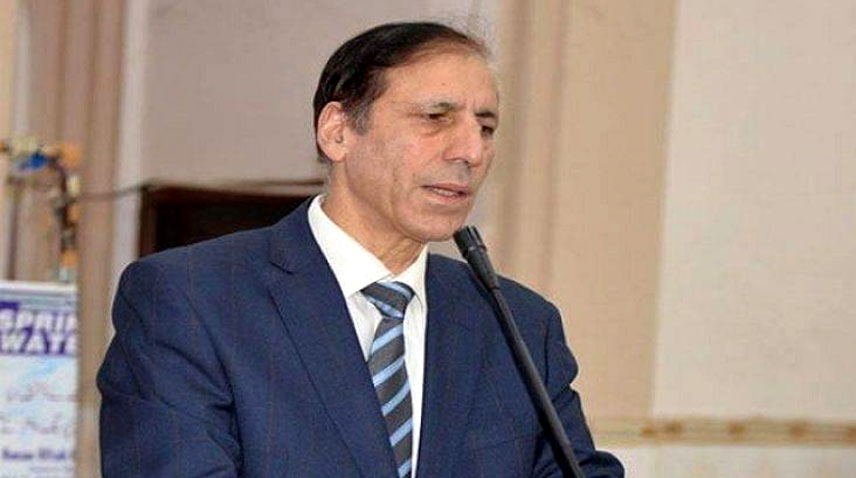By: Abdul Musawir Hakro

Humans are distinguished from animals by way of reasoning, and their ability to grasp environments not from mere instincts but rationality. To put it this way, animals know only present danger and they know it once it occurs, but humans on the other hand not only know present danger but also future danger such as death. This ‘knowing’ of death is the beginning of all wisdom and what makes us intelligent beings. It is because the acquaintance of death compelled humans to ask difficult questions: What is the purpose of life? Why am I here? Who created this universe? However, the privilege, the acquaintance of death, over animals came up with a curse — the search for meaning behind things.
But before we understand the meaning of these complicated questions, let us understand the meaning itself. We mean something by our understanding of things and how our brain functions; it does not depend on the reality of the things themselves. To illustrate it, time is a good example. We say, the time came into existence when the Big Bang occurred, which we call the beginning of the time. But was prior time non-existent? It certainly existed, but it had no meaning. As before the Big Bang, there was no matter and time is nearly impossible to be experienced without experiencing the things being changed.
We experience time passing by when we see changing days and nights or witness ourselves aging. Without it, we cannot trace time and witness it passing by. So, the notion of the existence of time depends on the change, not the time itself. This makes a distinction between our perceived meaning and the real meaning. The existence of time about the Big Bang is a perceived meaning, while time preceding the Big Bang is a real meaning. The whole worldview which, throughout the ages, humans have based is upon the notion of perceived meaning, according to which we understand things the way our brain functions irrespective of the thing itself. It inductively concludes that the meaning we perceive is not reality-oriented but brain-oriented. However, this distinction between perceived meaning and real meaning is a paradox for good, hindering us from eliciting the nature and true meaning of things.
The moment I, being an impartial inquirer, ask the question of what is the purpose of life, the brain begins processing information received from my unconscious and conscious mind, and reaches a logical answer. The information which I receive through my senses is the ‘sense-data’. This sense-data is personal and it varies from person to person based upon the individual’s observation and experience. No matter how impartially I try, the answer becomes biased as it is based on my dynamic sense-data. The answer shall always be unavailing in getting me the true picture: The actual purpose of life. Even the most convincing logical answer to the given question cannot be propitious. This problem is a ‘mental paradox’. The only way I can depict a true picture is when I will think outside of my mind, otherwise none. This means I cannot find answers to any question about objective reality as well as theological beliefs. All that we believe in, to what we call truth, is merely a perceived meaning of how we understand it.
Here, one question I must ask: Is real meaning necessary to survive or live a happy life? The answer is no. Subjective realities please us more compared to objective realities. If I say life has no purpose and we are destined to live an aimless life just like other animals, it certainly does not comfort me. But If I say life has meaning and we are here for a purpose, it makes me optimistic. The latter statement lessens my fear of death and, consequently, makes me less worried.
Therefore, human truths revolve around how to curb the worry caused by the effect of knowing death. It curses us to seek meaning for the rest of life while because we will never find it. Maybe, this way we may, at least, avoid the reality of life, if not death.
The writer is a freelance columnist interested in philosophy and social science. He can be reached at [email protected]







